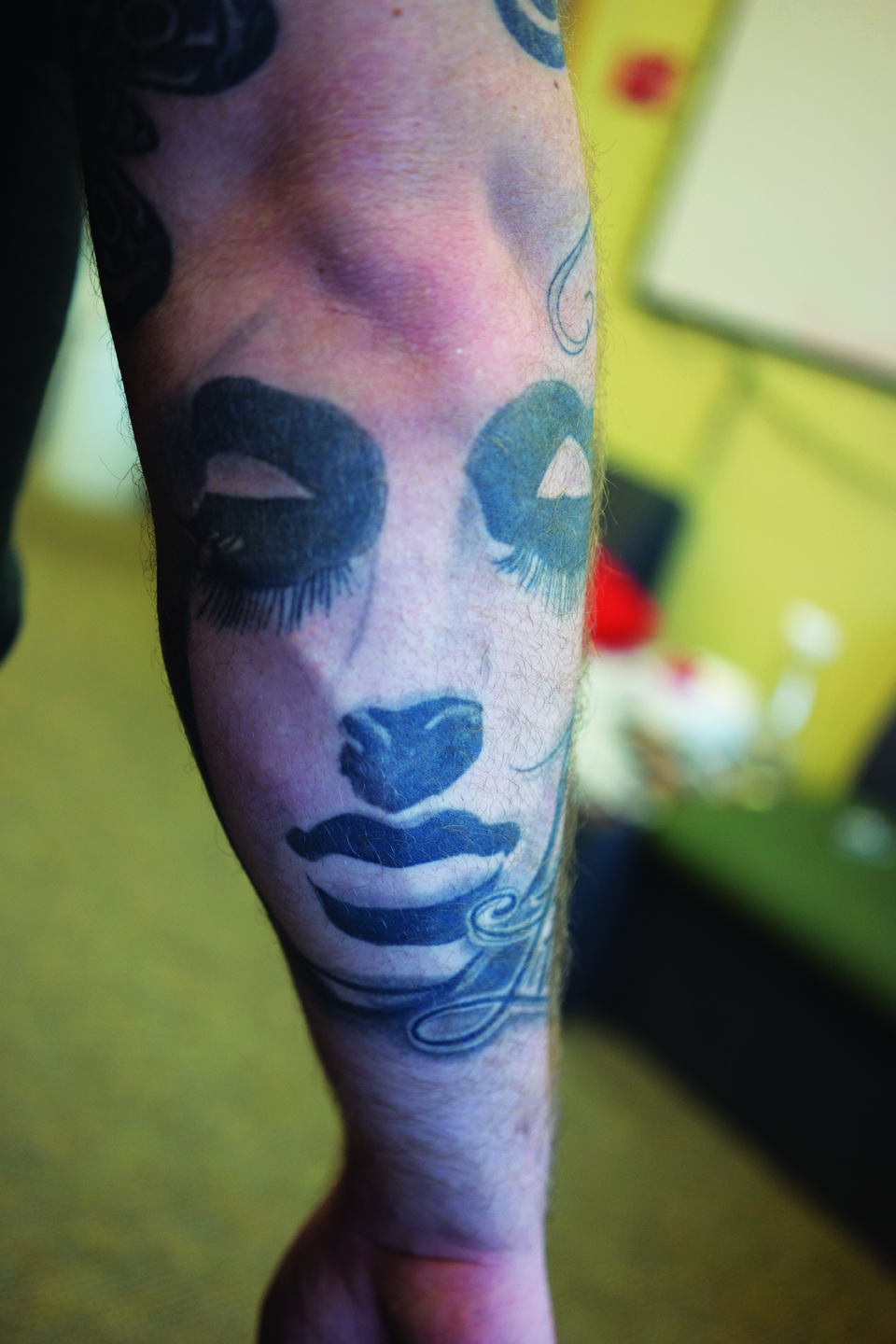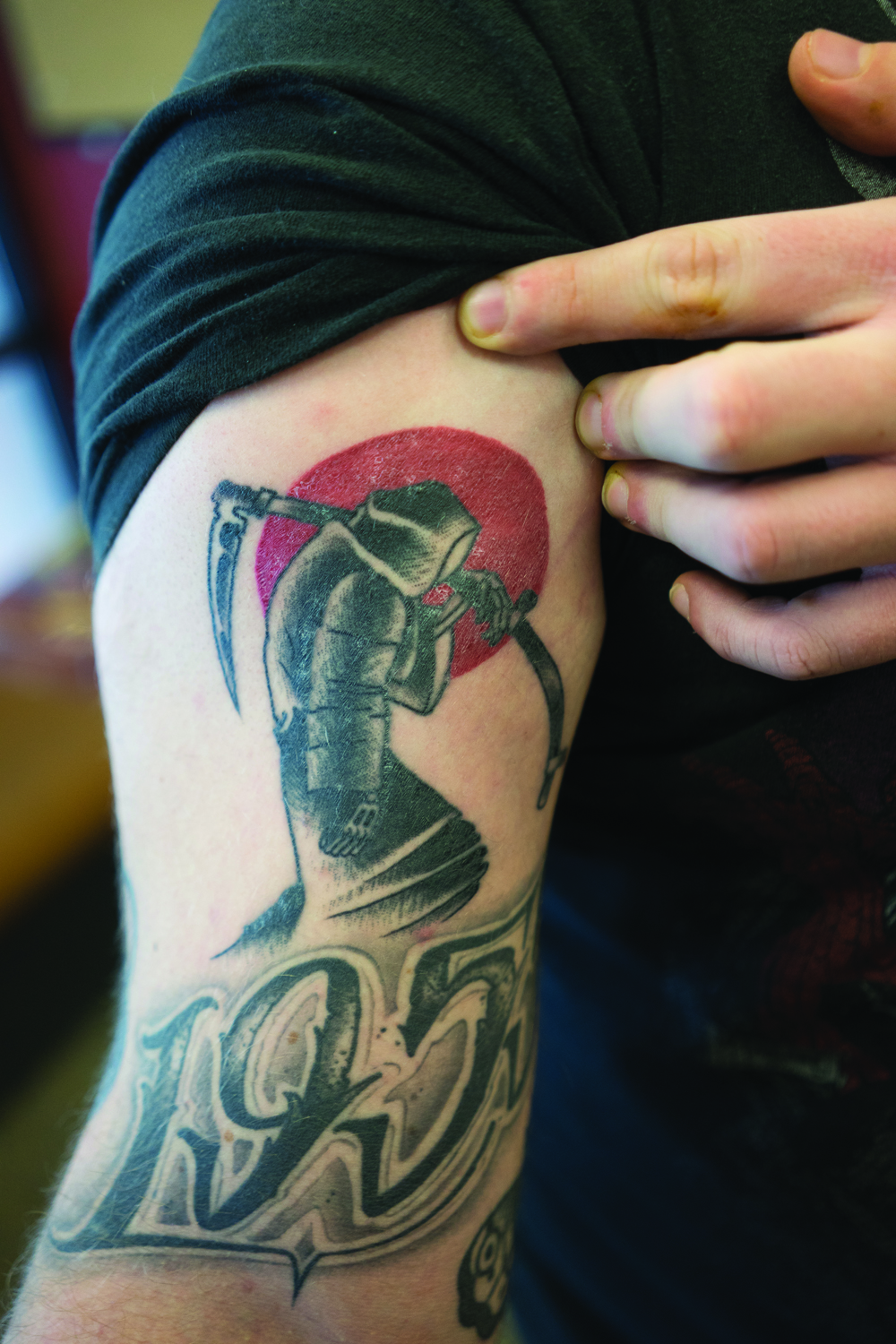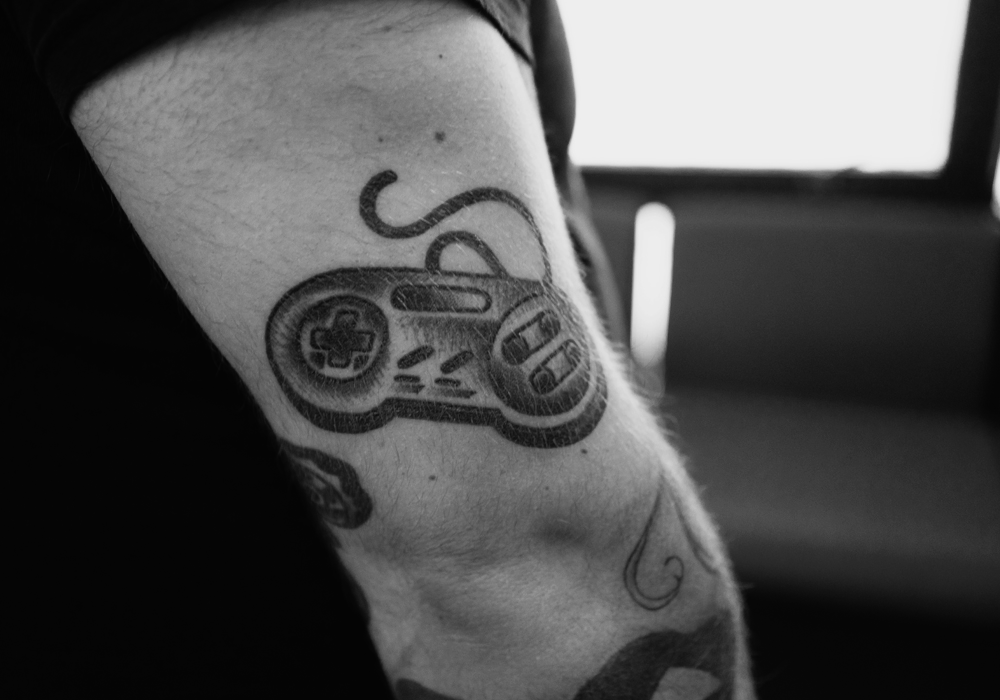Who will hire you now?
If you’ve heard that dreaded line before, it probably came from someone who still believes that tattoos are associated with gangs, bikers, and outcasts of society.
But is the decision to get inked an instant stamp of disapproval by employers in the corporate world? It depends.
According to a Pew Research Center poll, tattoos have become something of a trademark for Millennials. Nearly 38 per cent have at least one tattoo. Generation X is not far behind; 32 per cent say they have a tattoo, while only 15 per cent of Baby Boomers have at least one tattoo.
Increasingly becoming mainstream, tattoos in the workplace are taking on a new reputation as professionals decide to get inked.

“Body art and perceived obstacles to employment may potentially depend on the work environment,” says Susan Pogue, career counsellor at the Career Centre at York.
“Employment environments that are more creative in nature such as hair salons and environments that are less corporate such as construction or transportation companies may not see body art as much of an obstacle as a bank or corporate setting might.”
“I can’t tell whether the culture is actually changing or just aging,” says Ricky Fung, owner of Chronic Ink, a tattoo shop in Toronto.
“Our events coordinator who brings employers on campus looking to hire York students sees more employers with visible tattoos now than ever before,” says Dianne Twombly, manager of career development at the Career Centre at York.
People between the ages of 25 to 40 years old have more tattoos, and companies are incentivized to hire within this age group for many reasons, adds Fung.
Older people retire and this age group represents a demographic that companies are always trying to capture as clients. Also, people in this age group are more likely to understand the technologies and trends which dominate the social arena companies are forced to operate in.
“Over time, younger and tattooed workers will move up in the organization until they’re the ones doing the hiring. When that time comes, I doubt they’ll care who has a tattoo and who doesn’t,” says Twombly.
“Some employers may feel the need to maintain a certain image or impression of their profession, sector, or organization and may ask their employees to cover up any tattoos they have,” says Sandra Yu, job search advisor at the Career Centre.
However, it depends on the culture of the organization, what type of tattoos a person has, and where the tattoos are located.
“Face, neck, and hand tattoos still make some people uncomfortable and employers would rather have their clients focused on business than ink, so an employer may hesitate to hire somebody with tattoos that can’t be covered up,” says Twombly.

With the booming tattoo industry, there also comes the growing tattoo-removal industry in case you have a change of heart.
“We see a lot of lower back tattoos removed from women, and for men it’s more common for the tattoo to be on their arms,” says Mike McLaine, owner of Precision Laser Tattoo Removal in Toronto.
“A significant number of clients remove tattoos because of the placement of it. For example, highly visible tattoos on the face, neck, and hands are cause of concern for many of our clients, most commonly because they realize it can impede their employment options,” he says.
There is wide range of reasons people remove tattoos, adds McLaine.
The most common include not liking the artwork, having a tattoo that they have outgrown, wanting them off for employment issues, or because they are starting to have children, which makes them re-evaluate their own view on whether or not it’s appropriate.
“We of course see many cases of relationship fallout. We frequently remove ex-lover’s names, ring fingers, even the occasional portrait,” he says.
As for advice for those looking to get inked? Think about it, both in terms of the design, as well as the location of the tattoo.
“Secondly, choose your tattoo-artist wisely, you want one with a good reputation. Many of those better artists have waiting lists to see them,” says McLaine.
Also, be sure they are willing to listen to you. Some artists like a lot of creative liberty in the design, which can occasionally end badly.
While tattoos and work ethic have no direct correlation, tattoos may influence employers’ and clients’ perceptions of a person’s professionalism, which could then have repercussions in the workplace or impact job performance, says Twombly.
For example, a client may not want to deal with a financial advisor because they are uncomfortable with a tattoo, or because they may feel that somebody with a visible tattoo doesn’t take finance seriously.
This would negatively impact the organization since it would affect client satisfaction and may create operational issues as the organization has to shuffle staff around in order to find an advisor more acceptable to the client.
“There are still many people who consider body art unprofessional,” she says.
A lot of employers might use tattoos as an index to judge your character, but then you would need a whole slew of other data to make the picture more complete, like your choice of clothes, the places you frequent, the foods you eat, your exercise habits, and your sleeping patterns. All of these can be argued to be equally important in formulating an idea about someone, but all of these likely won’t be asked in an interview, says Fung.
All things considered, Twombly says that she might hesitate to hire somebody with large visible neck, face, or hand tattoos.
“But only because I’m fairly sure those types of tattoos would bother some of our clients or be distracting for them, not because it bothers me personally,” she adds.
There are employers out there who won’t hire you because you have tattoos, but they are becoming few and far between. In a few years, those world views will be the minority, says Fung.
“Your mentor or employer can have a serious impact on your career and the person you become, so finding someone you want to learn from is as important as finding income,” adds Fung.
“Do you really think you can learn a lot from a person who thinks having tattoos can make you better or worse at your job?”
Tatiana Prisiajny, Features Editor
Images courtesy of Michael Zusev, Photo Editor


